Ukraine's allies rebuke Germany for refusing to send tanks to Kiev
Germany faces backlash from NATO partners over its refusal to agree to sending German-made Leopard tanks to Ukraine amid unprecedented pressure mounting on the European heavyweight to do more to help Kiev.
Western military leaders who had gathered for the Ukraine Defense Contact Group at US air base in Ramstein, Germany, on Friday agreed to provide Kiev with billions of dollars' worth of military hardware, including armored vehicles and munitions to further boost the Ukrainian forces against the Russia troops advancing on Moscow's targets.
However, Ukraine on Saturday denounced the "global indecision" of its allies on providing advanced battle tanks, saying "today's indecision is killing more of our people."
"Every day of delay is the death of Ukrainians. Think faster," presidential adviser Mykhailo Podolyak tweeted.
Several allies echoed Ukrainian President Volodymyr Zelensky in saying the tanks were essential to Ukraine's victory.
In a rare criticism of Germany, the foreign ministers of the three Baltic states issued a joint statement, saying they "call on Germany to provide Leopard tanks to Ukraine now."
"This is needed to stop Russian aggression, help Ukraine and restore peace in Europe quickly. Germany as the leading European power has special responsibility in this regard," said the statement, tweeted by Latvian Foreign Minister Edgars Rinkevics.
Berlin has been hesitant to send the Leopards or allow other nations to transfer them to Kiev, with reports earlier in the week saying it would agree to do so only if the US provided its tanks as well.
Washington has said providing US-made Abrams tanks to Ukraine is not feasible, citing difficulties in training and maintenance.
Asked at the close of the meeting in Ramstein whether Germany was “doing enough,” US Defense Secretary Lloyd Austin responded, “Yes, but we can all do more.”
“They are a reliable ally and they’ve been that way for a very, very long time,” he said. “And I truly believe that they’ll continue to be a reliable ally going forward.”
Austin also downplayed the immediate importance of tanks, noting that the US Stryker combat vehicles and Bradley armored vehicles that are being sent would give Ukraine new capabilities in the war. “This isn’t really about one single platform,” he said.
Washington believes it would be more productive to send German Leopards since many allies have them and Ukrainian troops would need less training than on the more difficult Abrams.
German Defense Minister Boris Pistorius said he had ordered the ministry to look into Germany’s tank stocks so he can be prepared for a possible green light and be able to “act immediately.”
Germany will “balance all the pros and contras before we decide things like that. … I am very sure that there will be a decision in the short term but … I don’t know how the decision will look.”
“We will make our decisions as soon as possible,” he insisted. "We still cannot say when a decision will be taken, and what the decision will be, when it comes to the Leopard tank."
Meanwhile, the Pentagon Spokesman US Brigadier General Patrick Ryder announced the latest package of weapons for Ukraine is focused on providing combat capability that Ukrainian forces can use immediately on the battlefield.
The Pentagon’s spokesman said on Friday the additional military equipment announced by the contact group, including air defense systems, Humvees, ammunition for artillery, and missiles for the High Mobility Artillery Rocket System (HIMARS), will boost Kiev's forces fighting Russia.
The massive package of weapons is intended to “make a difference to change the equation on the front line,” he said, though it does not include the Leopard 2 tanks that Ukraine has requested.
“I would say the most important thing here is that there's not one single capability that's key to victory in the campaign,” Ryder said.
The security assistance, particularly the assistance from the United States, is focused on giving Ukraine combat capability that they can use right now on the battlefield, he said. It also is aimed at helping Ukraine during the spring, when a new offensive by Russia is expected, he said.
Ryder also discussed the training of Ukrainian military personnel in Germany, saying battalion-level combined-arms maneuver training integrating the Bradley Fighting Vehicle has already begun.
The training combined with the latest package announced on Friday “is going to give Ukraine a mechanized armor, mechanized infantry capability that will change the equation on the battlefield,” Ryder said.
Till now, although the modern battle tanks requested by Ukraine have not been approved, instead, US-made Bradley Fighting Vehicles, Stryker Armored Personnel Carriers, mine-resistant ambush-protected vehicles, and high mobility multipurpose wheeled vehicles, alongside tens of billions of dollars worth of armored vehicles made by other allies in addition to various military hardware have been sent to Ukraine since Russia launched its military operation in February.
Moscow has repeatedly warned the western countries against their futile attempts to stop Russia from reaching its objectives in the pro-Russian regions.
The West's flooding of weapons into Ukraine only prolongs the war and adds to the casualties, Moscow has asserted.
Explainer: How job scarcity is pushing working-class Americans to enlist in the military
Israel abducted over 100 Palestinians in West Bank since start of Ramadan: Rights group
Israel conducted 41 incursions into Syria in February amid HTS silence: Report
In letter to Araghchi, Hamas outlines repeated Israeli violations of Gaza ceasefire
Pezeshkian says ‘encouraging' signal received in US talks but Iran ready for any scenario
North Korea’s Kim re-elected Workers’ Party general secretary
Iran, Oman consult on arrangements for next round of nuclear talks
VIDEO | Protests held in Washington as AIPAC holds annual meeting for 1st time since 2020


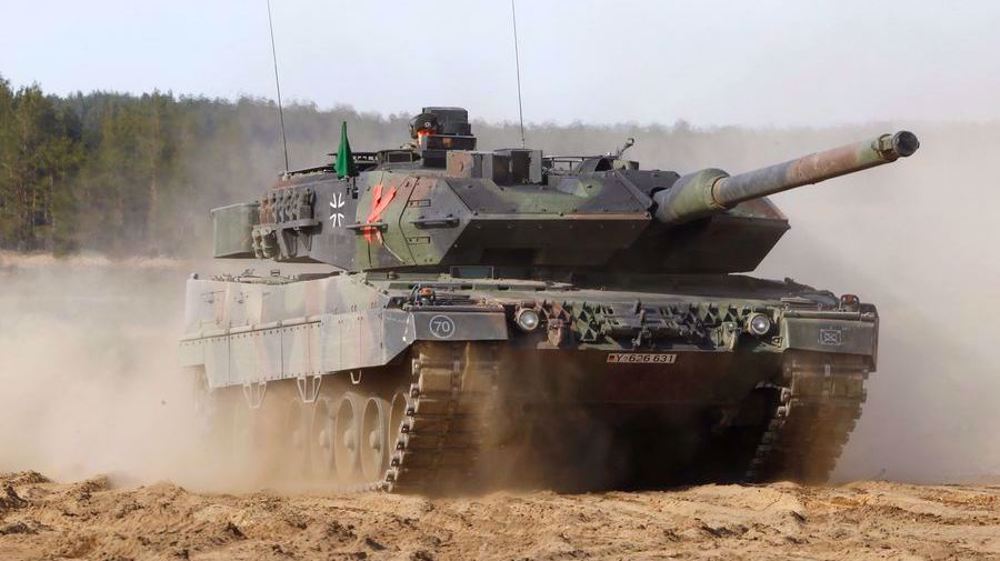
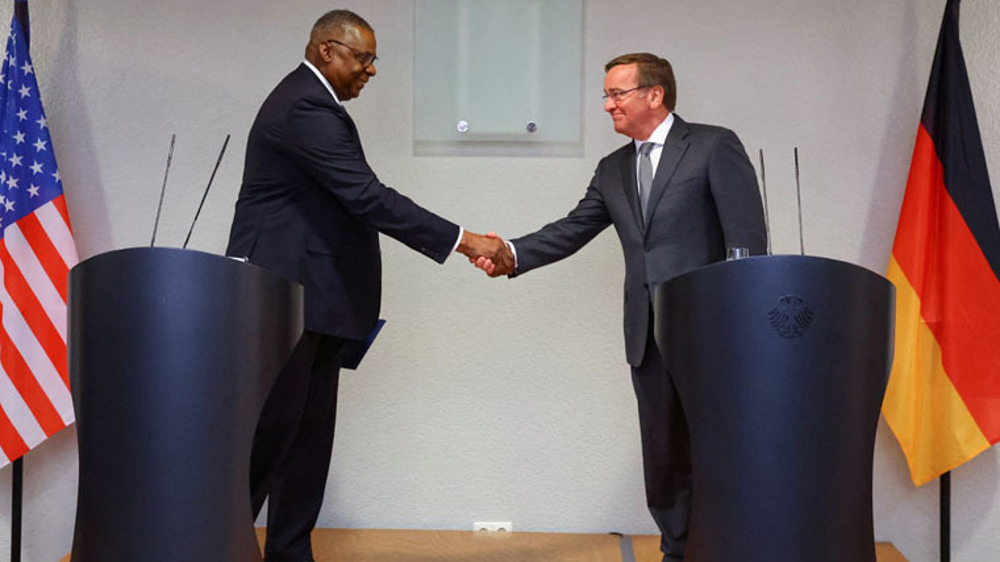
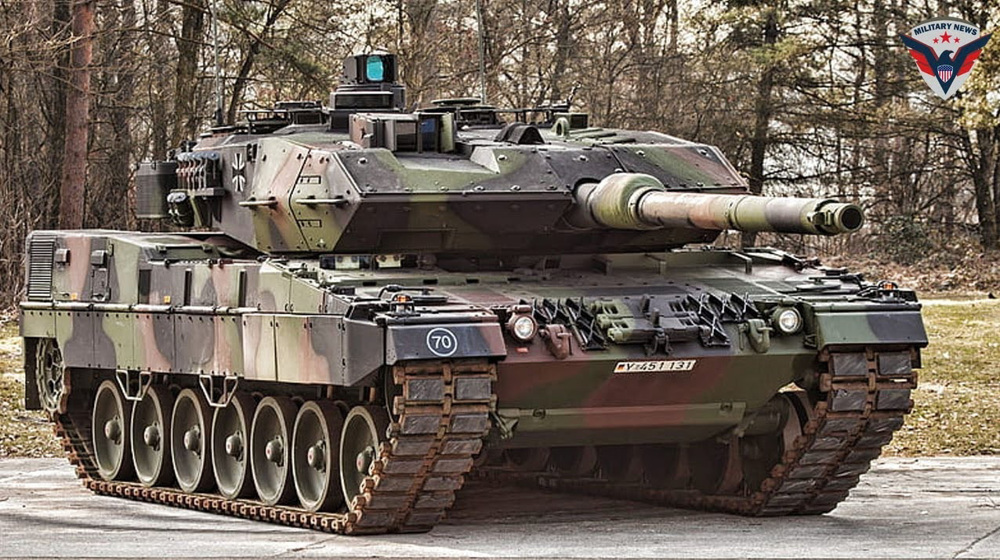
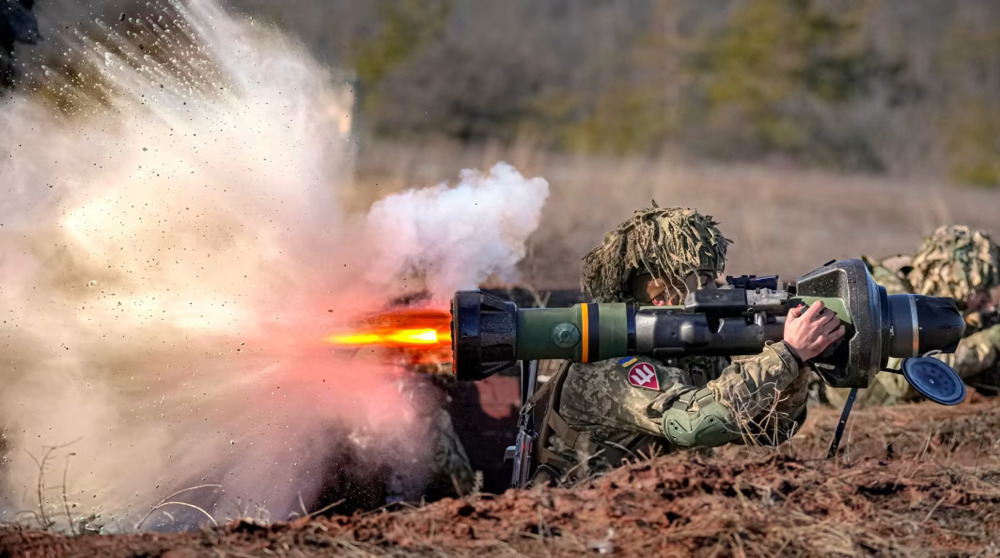

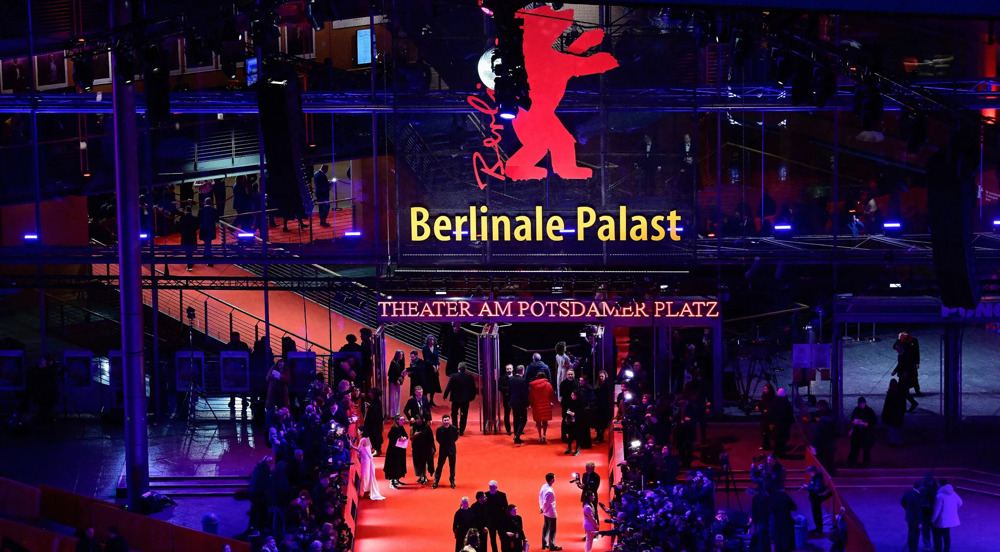





 This makes it easy to access the Press TV website
This makes it easy to access the Press TV website